Premium Only Content
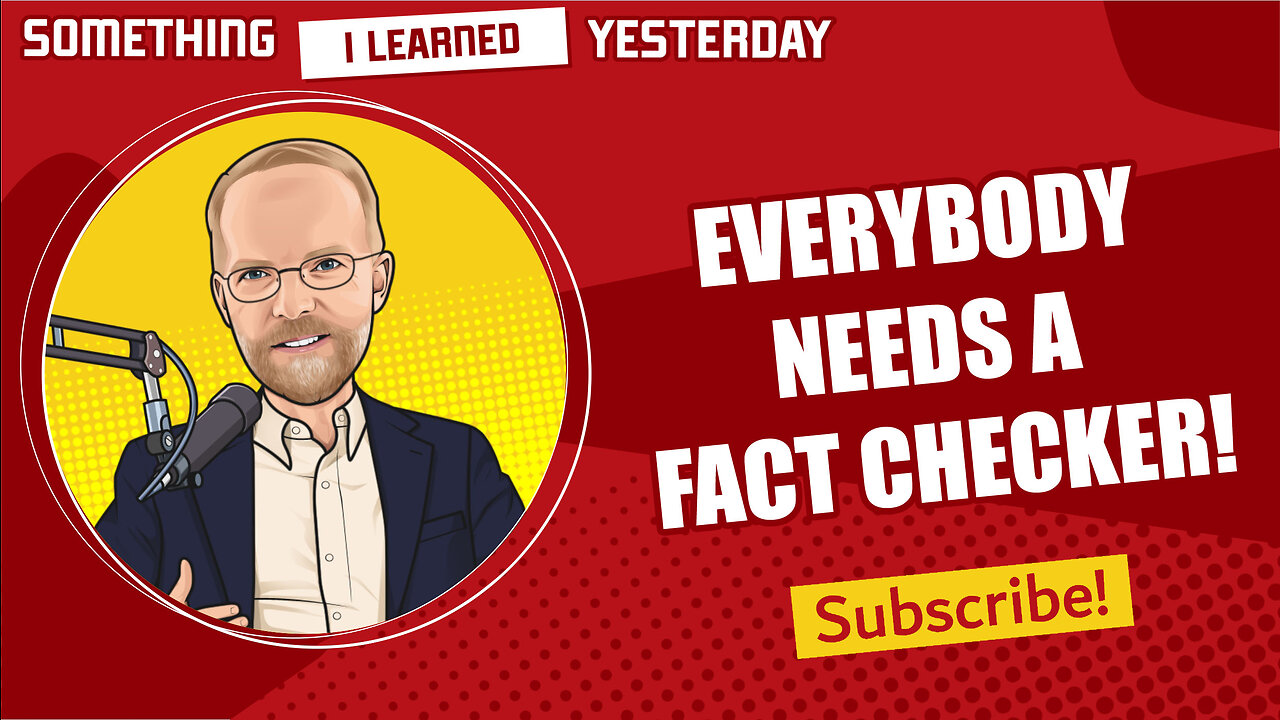
How to be your own fact checker
Everybody’s a dumbass sometimes. That’s why we need fact checkers. But not everyone can afford a fact checker. What do you do?
Many years ago I was studying to be a pastor. As a consequence, I know more than a little bit about the Bible and related topics. That’s way in the rear-view mirror of my life, but from time to time I like to see what the boys are up to, so yesterday I listened to a podcast interview of a priest explaining various reasons why people should believe.
He made some very good arguments on topics he clearly knows cold, but then he strayed outside his area of expertise – into geology, which is something I also know a little about – and he sounded quite foolish.
Unfortunately, this casts everything he says in a bad light. The listener is going to think, “why should I believe all that stuff he said about A, when I know for sure he’s full of beans about B?”
That’s not strictly fair because, as I said above, someone who’s a legitimate expert on A might be a complete rube about B.
But … that’s how people are going to react, whether it’s fair or logical or not.
So what can we learn from this?
As a content creator, stick to what you know. Once you stray into strange territory, you’re probably going to mess things up.
If you have to stray outside your area of expertise, get someone who knows that field to check your work.
It’s so easy to fall into the trap of repeating something that “everybody knows” is true, but which is actually nonsense. Whole books have been written with examples of false things that everybody thinks are true.
But what if you’re like me? Too poor to hire a fact checker. What do you do?
1. Develop an acute inner epistemologist. I apologize for the $5 word, but it fits here. Epistemology has to do with the nature of knowledge, and whether you’re justified in believing something.
When you’re tempted to make a factual claim, ask yourself why you believe it. What grounds do you have for that belief? If it’s something vague like, “everybody knows that,” or “I saw this TV show one time…,” then … it might be wrong.
It’s like my definition of a good editor. A good editor is someone who knows when he needs to look something up.
2. Learn to read your own copy skeptically. Imagine you were going to have to provide a defense for what you say.
3. If you’re not willing to defend something, either don’t say it – that’s probably best – or at the bare minimum use some hedging language.
4. Build a network of smart people that can look over your shoulder and help you not to make a fool of yourself.
5. hen you do make a mistake, own it and admit it.
-
 LIVE
LIVE
Pop Culture Crisis
1 hour agoJK Rowling OBLITERATES Emma Watson, Trump Vs Ariana Grande, Could The Rock be President? | Ep. 926
830 watching -

The Quartering
4 hours agoFat Soldiers BLASTED, Kirk Assassin In Court, JK Rowling Destroys Emma Watson & Crowder Takes Risk
99K12 -
 1:17:12
1:17:12
Winston Marshall
2 hours agoExposing The EU’s Plot To Destroy Free Speech in America | Mike Benz
29.6K14 -
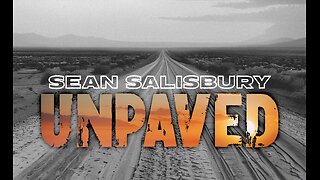 1:32:25
1:32:25
Sean Unpaved
3 hours agoMNF Mayhem: Doubleheader Drama, Cheetah's Crushing Fall, & MLB's October Ignition
37.9K1 -
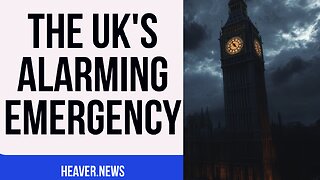 7:07
7:07
Michael Heaver
2 hours agoBroken UK Uncovers HORRIFYING Truth
3.96K1 -
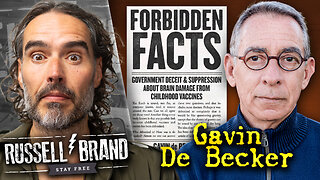 2:11:32
2:11:32
Russell Brand
3 hours agoGavin de Becker | Fear, Freedom & Resisting Control - SF642
169K16 -
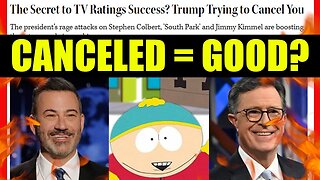 10:34
10:34
Clownfish TV
5 hours agoGetting 'Canceled by Trump' is GREAT for Ratings?! | Clownfish TV
12.4K8 -
 14:42
14:42
Professor Gerdes Explains 🇺🇦
3 hours agoThis ONE SENTENCE from Putin Guarantees a Long War
10.6K3 -
 19:05
19:05
Sponsored By Jesus Podcast
2 days agoI Lost the World But Gained My SOUL | Freedom in Christian Suffering
19.5K3 -
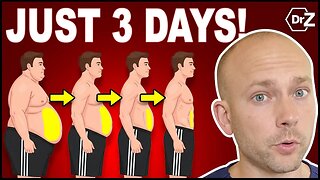 14:47
14:47
Dr. Nick Zyrowski
15 days agoFasting Is THE Cure - NO FOOD FOR 3 DAYS Completely Heals You!
19.9K10